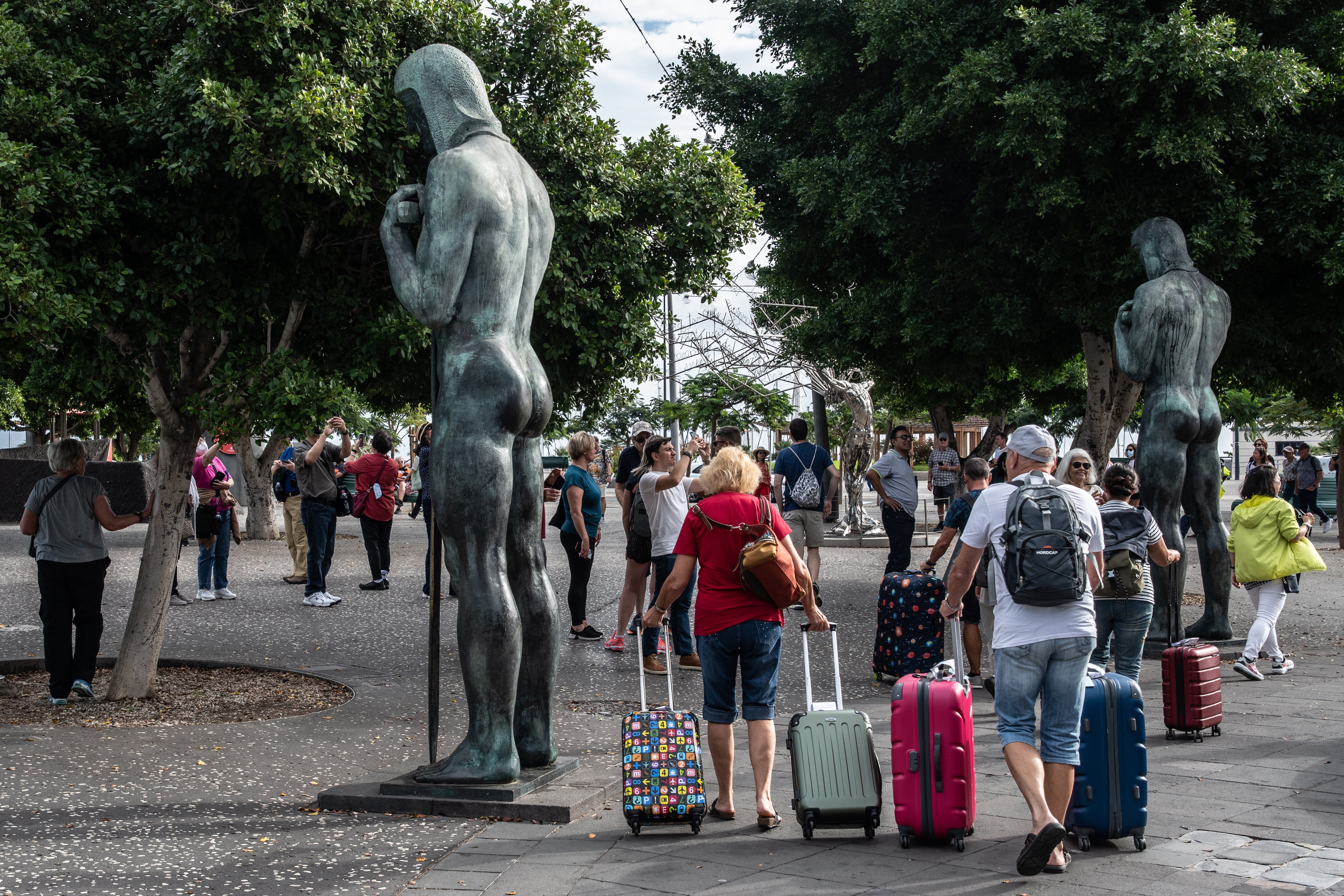
Hosting COP30 in Belem places the country at the center of the global climate debate. This historic moment requires the mobilization of all sectors of society, including philanthropy.
The Baku Belen Roadmap, a political and technical plan that outlines commitments between Azerbaijan’s COP29 and Brazil’s COP30, projects that US$1.3 trillion in public and private investments will be needed by 2035 to help developing countries implement their climate change goals.
However, according to the ClimateWorks Foundation’s 2024 Funding Trends Report, only 2% of global philanthropic investment is allocated to combating climate change, an insufficient proportion given the escalation of the crisis.
In Brazil, 6% of philanthropic organizations invest in climate change issues. This is three times the world average. Although it is still smaller than the potential we have, this country provides a good example of incorporating climate into the world of philanthropy.
In 2021, national organizations have issued a call to action with the idea of reversing this international scenario. The Philanthropy For Climate initiative aims to influence research institutions, foundations, and companies, regardless of their priority areas of activity, to integrate climate change issues into their operations, worldviews, and programs in a cross-cutting way.
With 915 member charities around the world, the initiative is also divided into 11 national and regional chapters. One of them, the Brazilian Philanthropy Pledge on Climate Change, was signed during COP28 in Dubai and coordinated by GIFE, a group of institutes, foundations and companies that has been working to strengthen philanthropy in the country for 30 years.
This document is made up of eight pillars and serves as a roadmap to guide your organization’s engagement with the subject of teaching and learning. Resource allocation. Whole body vision. Stocks, funds and financial assets. operation. Representation, Influence, and Advocacy. positioning and identity. and transparency and learning.
The pillars of positioning and identity are the innovations of the Brazil Pact, the first of its kind in the Global South. It recognizes the specificity and potential of philanthropy to operate in the midst of profound inequalities. It thus emphasizes local knowledge and contrasts “imported” financing logics with asymmetric allocation of financial resources that have little dialogue with local realities.
The Commitment Monitoring Report, due to be released during COP30, will reveal how different charities are involved in this effort.
Corporate foundations and corporate-driven philanthropy, driven by ESG policies, networking and influence, will help structure the climate change agenda. The family foundation acts flexibly and openly to innovate and take risks, while linking climate to traditional causes.
Independent philanthropy, carried out by foundations, institutes and foundations in a non-corporate manner, stands out by integrating climate as a cross-cutting axis of the social development agenda, linking it to issues of race, gender and justice, and bringing global agendas closer to local realities.
Monitoring results are important for allocating resources to the climate change agenda. Almost half (46%) of participating organizations claim they have made significant progress in incorporating climate standards into their funding decisions. The move signals a willingness to rethink investment strategies and strengthen efforts in vulnerable regions.
This is also what the 2024-2025 Census GIF shows. A new edition of the biennial publication, considered a reference resource in the field, was launched in December this year and revealed that almost R$400 million was invested in climate issues last year.
While progress is clear, challenges are also common. The need for more flexible and long-term philanthropy, overcoming bureaucratic barriers that keep funders away from grassroots communities, and ‘translating’ climate language to make it more accessible and relevant to people’s everyday lives.
Brazil’s philanthropic efforts on climate change are therefore an invitation to collective action. This shows that philanthropy is strengthening its response to the climate change agenda, building bridges between social and environmental agendas, and reaffirming its strategic role in the transition to a fair economy.
It also shows that we need a bolder, more flexible and more collaborative sector to face this crisis. Now is the time to join forces to build a path that inseparably integrates social justice and sustainability.
After all, without the earth and its people, there would be no philanthropy.
Link exists: Did you like this text? Subscribers can access it for free up to 7 times a day from any link. Click on the blue “F” below.



